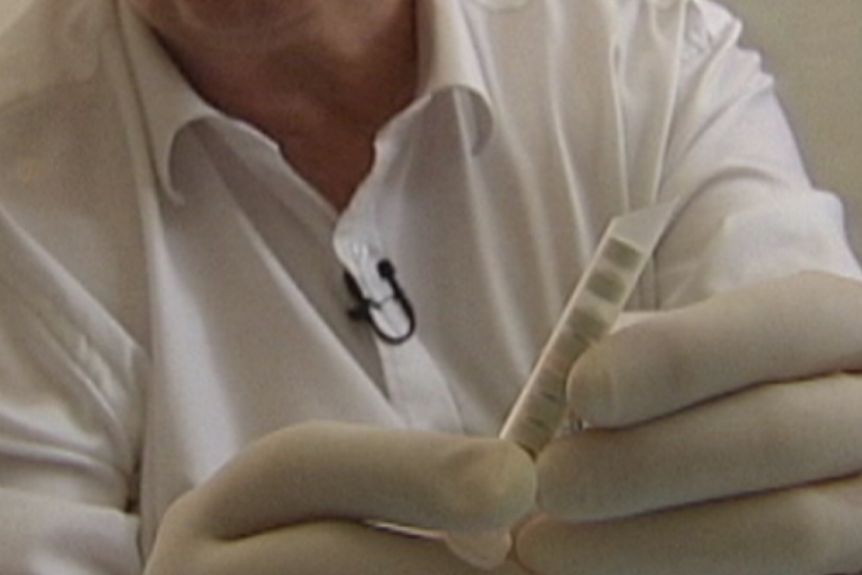Lack of coronavirus testing stalls drug treatment, with tragic consequences


The head of a West Australian drug rehabilitation service says at least one person has died while waiting for naltrexone treatment during the coronavirus emergency.
The treatment involves inserting a naltrexone implant into the abdomen, which blocks the effects of heroin and other opioids.
The CEO of the Fresh Start Recovery Program, Jeff Claughton, has called on the Health Minister to expand the COVID-19 testing criteria and add naltrexone implants to the list of allowed elective surgeries.
"At the moment, until things change, we are unable to do the detox and implant treatment, which is typically how we look after people, because of the lack of capacity to do COVID testing," he said.
"We know from experience, and it has guided our policy and practice in the past, that the longer people have to wait for treatment the less likely they are to return for treatment … I know there are people really struggling.
"We know that one of the people on our waiting list sadly has died so that is just an absolute tragedy, a young lady who has died."
Elective surgery rules
Mr Claughton said they could ramp up services quickly if the testing criteria was expanded.
"What we would like to see is that anybody who approaches us for treatment we are able to get them tested whether they're symptomatic or asymptomatic, particularly asymptomatic patients need to be tested," he said.
"We would then hold them in a quarantine situation in our housing units for 48 hours or until we get the result back. If the result was negative we could then progress the implant surgery."
However, rules around elective surgery would also have to be expanded.
"The rules around elective surgery have been relaxed somewhat to allow for some elective surgery to recommence," Mr Claughton said.
"We are asking the Health Minister to extend that to implant treatments because it is not in the list of treatments that are able to be undertaken under the current rules, and obviously we are precluded from those treatments until we can get that testing done."
Working hard to maintain services
In a statement, Health Minister Roger Cook said testing of asymptomatic people was not included in the COVID-19 testing directions under the Public Health Act.
But he said there was provision to seek approval from the Chief Health Officer to authorise a person to conduct a test that was outside the testing requirements.
The number of patients at the residential treatment facility in Northam had dropped from a capacity of 30 to about eight.
"A number of residents who have been there long term decided that they were uncomfortable living in a community setting and have left, so our numbers there are down by about 70 per cent," he said.
Mr Cook said while several rehabilitation facilities initially reduced their numbers to account for social-distancing rules they had worked hard to maintain services.
"Community services for alcohol and other drugs across WA have done a significant amount of planning and work to ensure that they are well equipped to manage the challenges arising from the COVID-19 pandemic," he said.
"They have done a great job and I would like to take the opportunity to thank them for their efforts."
 Pathways Drug Rehabilitation Luxury Addiction Treatment & Detox Center
Pathways Drug Rehabilitation Luxury Addiction Treatment & Detox Center


